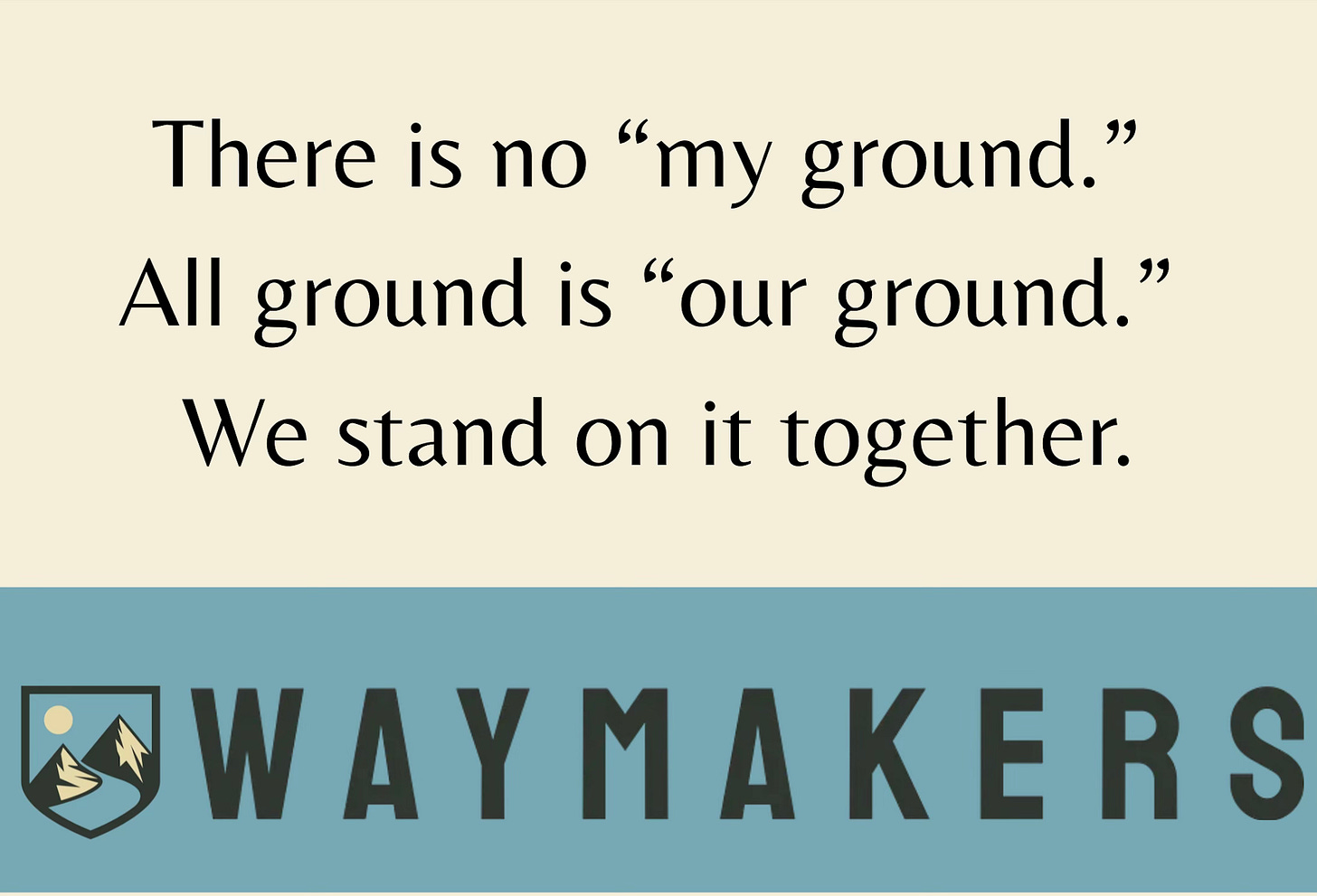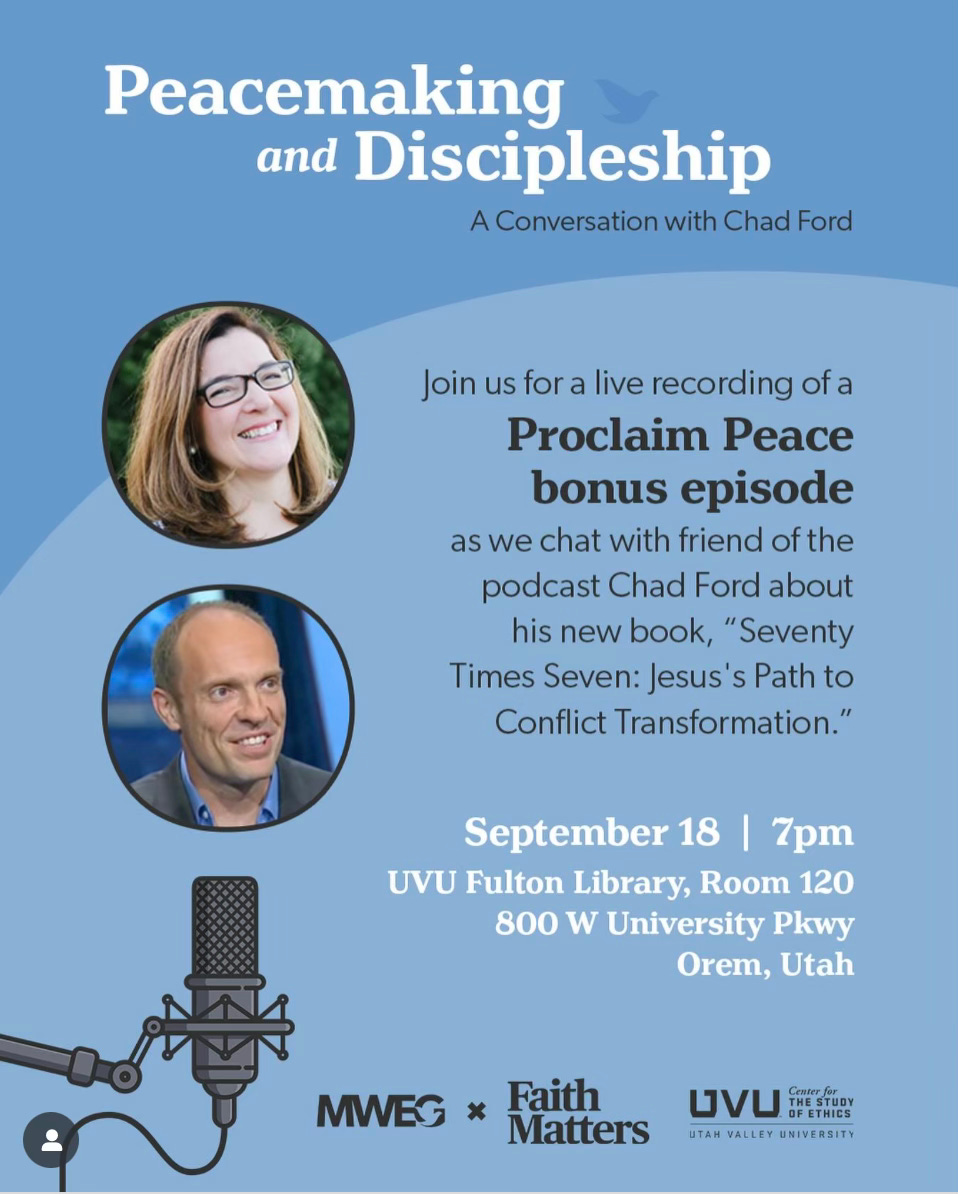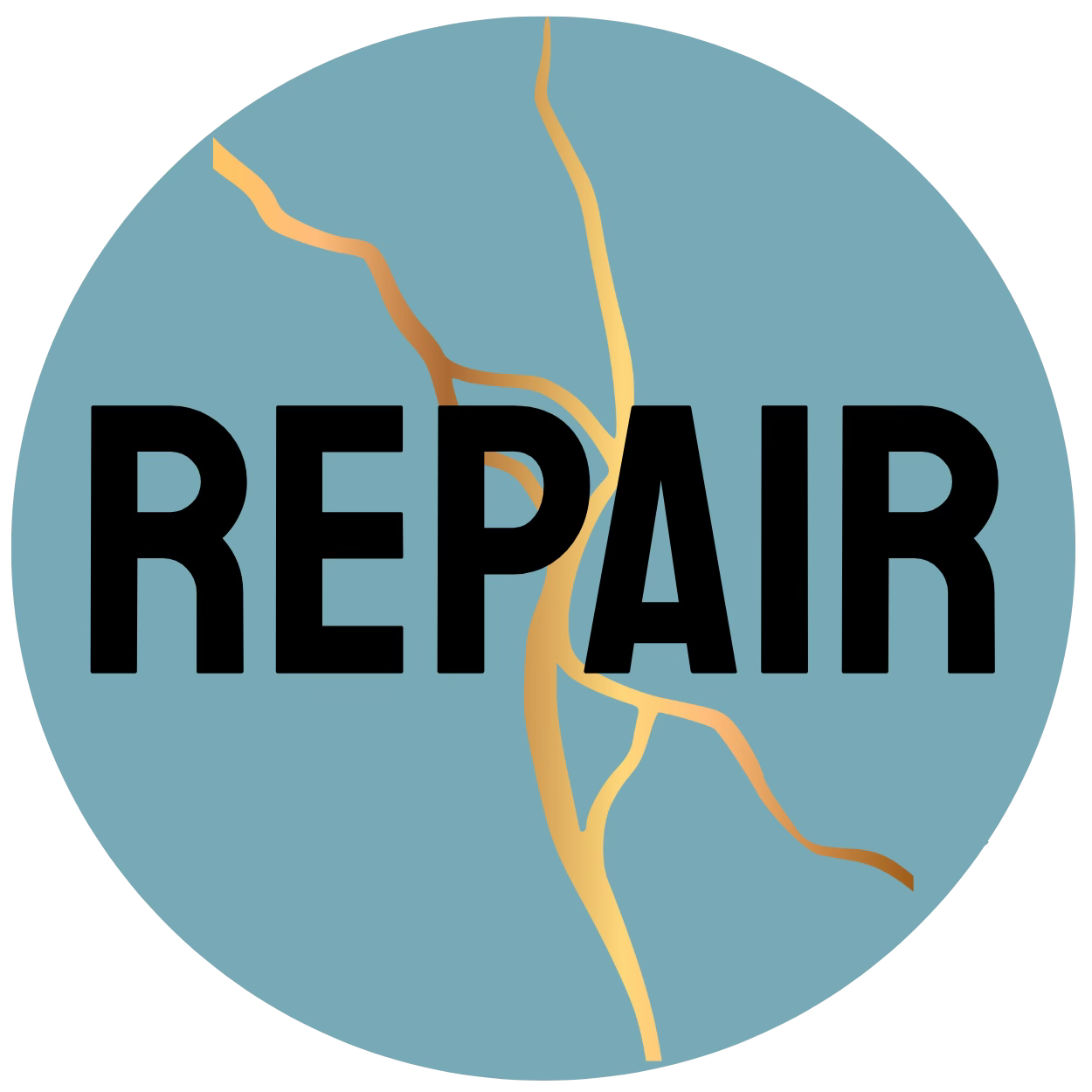The Wrongness of Being Right
How do I still hold to my truth while struggling with others that hold a different one?
In my first year of graduate school, I mustered up the courage to walk into my professor’s office to ask him for some advice about a family conflict I was enmeshed in.
I had been studying conflict for a full semester and realized I had more problems than I cared to admit. I knew I needed help. The problem was that I didn’t want my professor to think poorly of me. I had to find a way to explain the conflict to him without looking like the bad guy.
I carefully thought about how to tell my story. I even wrote it down to make sure that at no point in the story would it look like I shouldn’t be in his class.
I was nervous walking into his office that day. I knew he was a conflict expert. I was afraid he was going to see right through me.
I spent roughly 10 minutes explaining the conflict to him. He listened without saying a word. When I was done, there was silence.
“So … what should I do?” I finally asked when it became clear he wasn’t going to say anything.
“I’ve found that we can either be right or we can have peace. It’s pretty hard to have both. My question to you is, do you want to be right? Or do you want peace?”
I was annoyed. Of course, I wanted both.
It took me a while to understand that I can be right and wrong simultaneously. I might be “right” on the facts but still deeply “wrong” in the relationship.
“But sometimes, don’t you have to stand your ground?” I’ve repeatedly been asked when presenting the idea of inside-outside work. “I mean, what if you are right? What if you do have the truth? Justice occurs when right and truth prevail!”
I don’t think people are referring to property rights when asking about standing your ground. This isn’t a dispute about ownership or boundaries. What they are asking is, in essence, when others’ truths conflict with my own, isn’t the right thing to do to stand up for my truth?
Which right? Which truth? Some rights or truths are more profound than other.
There is no “my ground.” All ground is “our ground.” We stand on it together.
What I do affects others, and what others do affects me. There is no ground we stand on that is entirely our own. We have to stop seeing the world as us versus them.
William Ury, the author of Getting to Yes with Yourself, offers this admission after thirty years of work as a mediator—
Gradually, over the decades of mediating in a variety of difficult conflicts, from family feuds and boardroom battles to labor strikes and civil wars, I have come to the conclusion that the greatest obstacle to getting what we really want in life is not the other party, as difficult as he or she can be. The biggest obstacle is actually ourselves. . . .
Underlying our poor reactions in moments of conflict is an adversarial “win-lose” mindset, the assumption that either we can get what we want or they can—but not both. . . . Even if we want to cooperate, we are afraid that the other person will take advantage of us. What sustains this “win-lose” mindset is a sense of scarcity, the fear that there is just not enough to go around, so we need to look out for ourselves even at the expense of others. All too often, the result of such “win-lose” thinking is that all sides lose.
Hawaiians have a word for it — it’s ho’oponopono. Pono means “to make right.” Ponopono means “the most right.” And the most “right” thing in Hawaiian means to restore the relationship.
It’s a deep recognition that the only true pono is ponopono.
How do I still hold to my truth while struggling with others that hold a different one?
It’s by prioritizing our truths. We do this every day. In every relationship.
For me, it’s making sure that the truth I hold closest to me, the one I defend the fiercest, is the one that tells me that the only way to win, the only path to sustainable safety, is together.
We stand on this ground together. And when we acknowledge that and insist on finding solutions that honor that idea, we are practicing the only truth that really makes wrong things right again.
Upcoming Events
Sept 18: “Peacemaking and Discipleship” Live Podcast with Jennifer Walker Thomas of MWEG and the Proclaim Peace Podcast. UVU Fulton Library, Room 120, 800 W University Parkway, Orem, Utah (7 pm)
Sept 26: "When Loved Ones Journey Away: Adventures in Peacemaking" Breakout Session with Patrick Mason. Faith Matters RESTORE conference. Orem, Utah. Friday, Sept 26, from 12:00-2:30.
Oct 3: “By Small and Simple Things” Wonders of Scripture Series. BYU, Provo, Utah 3714 HBLL (11 am).
October 23-25: REPAIR Workshops in Provo, UT
Come join myself, Jim Ferrell, Jennifer Finlayson-Fife, Thomas McConkie, Patrick Mason, Jennifer Thomas, Emma Addams and more for transformative conflict workshops on October 23-25 in Provo, Utah.





